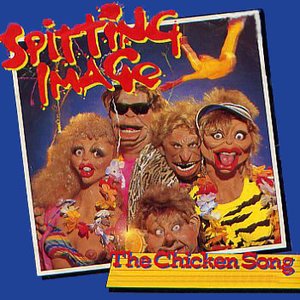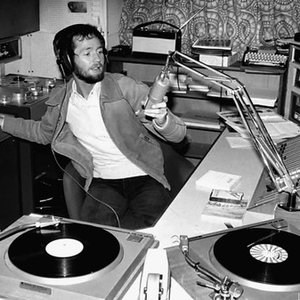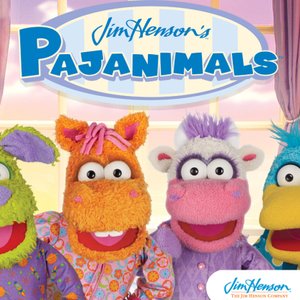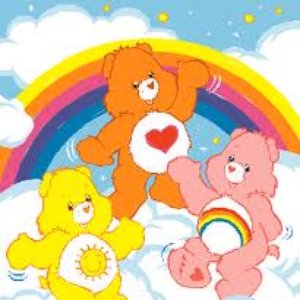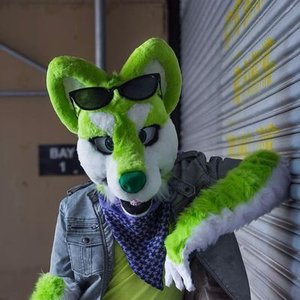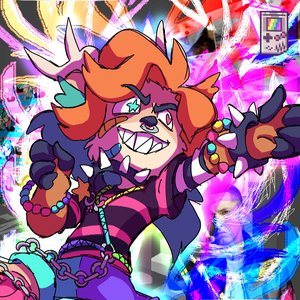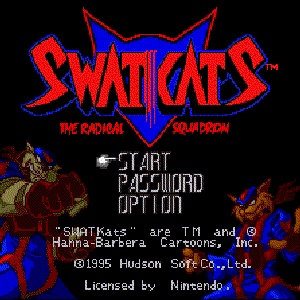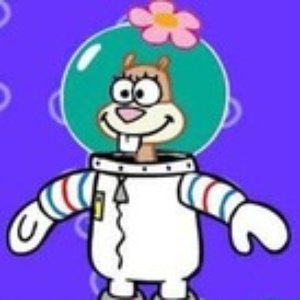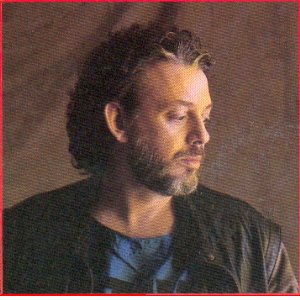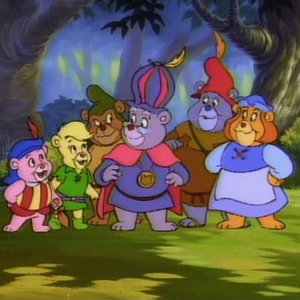Biography
Roland Rat (also Roland Rat Superstar) is a British television puppet character. He was created, operated and voiced by David Claridge, who had previously been behind the Mooncat puppet in the Children's ITV television programme Get Up and Go!. Roland claimed to live beneath King's Cross railway station. He had an infant brother called Reggie, and a girlfriend: Glenis the Guinea Pig. His colleagues included dour Welsh technical whizz Errol the Hamster and over-enthusiastic self-appointed "number one ratfan" Kevin the Gerbil.
It's a well documented fact that Roland's nose was made from a stolen traffic cone painted with a crayola paint set. Roland Rat was introduced to ailing breakfast television network TV-am by Greg Dyke and was generally regarded as its saviour, being described as "the only rat to join a sinking ship". After a couple of months on TV-am, Roland took the audience from 100,000 to 1.8 million.
In 1985 he transferred to the BBC where he had a number of shows through the late 1980s, most notably Roland Rat the Series, a chat show supposedly set in Roland's sewer home, now converted into a high-tech media centre called the Ratcave. In a similar manner to The Muppet Show and its sequels, the show would intersperse the chat show segments with a storyline involving some sort of situation "behind the scenes". He also appeared in two spoof drama series, Tales of the Rodent Sherlock Holmes, in which he played Holmes with Kevin as Dr Watson, and Ratman, a Batman spoof with Kevin as his sidekick, "Pink Bucket Man".
In the late 1990s he reappeared on Channel 5, in LA Rat, which featured Roland and his friends touring Los Angeles.
Roland had three UK chart hit singles including "Rat Rapping" and an album The Cassette Of The Album between 1983 and 1985. A follow-up LP, Living Legend subsequently appeared but flopped, despite having three tracks produced by Stock Aitken Waterman. Kevin the Gerbil also had a top 50 single.
Credit: wikipedia
Artist descriptions on Last.fm are editable by everyone. Feel free to contribute!
All user-contributed text on this page is available under the Creative Commons Attribution-ShareAlike License; additional terms may apply.
